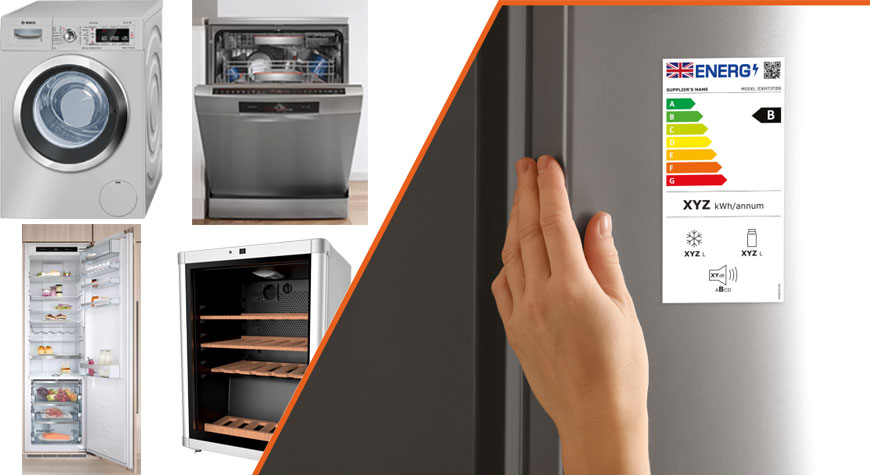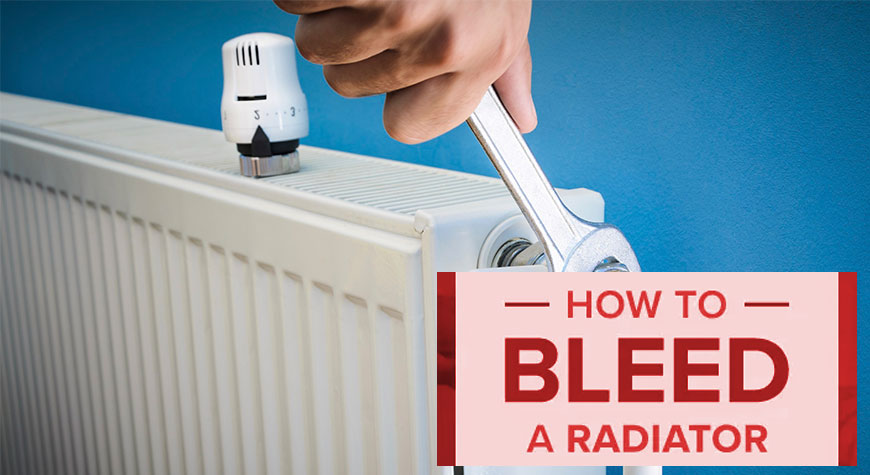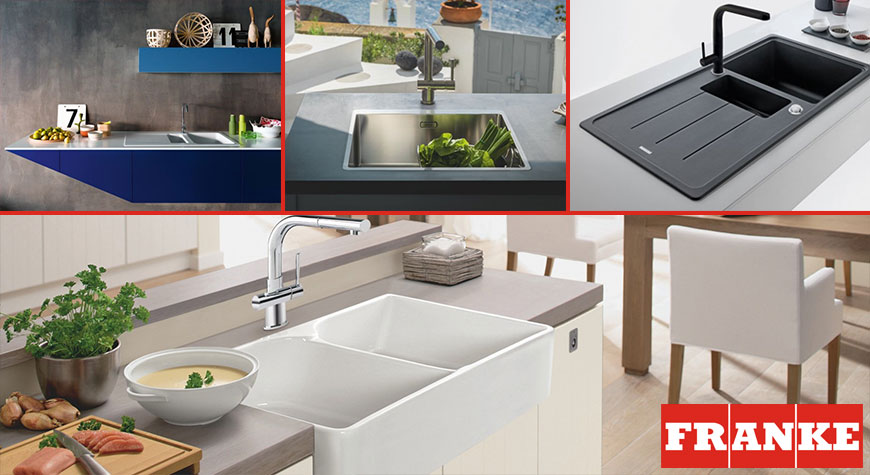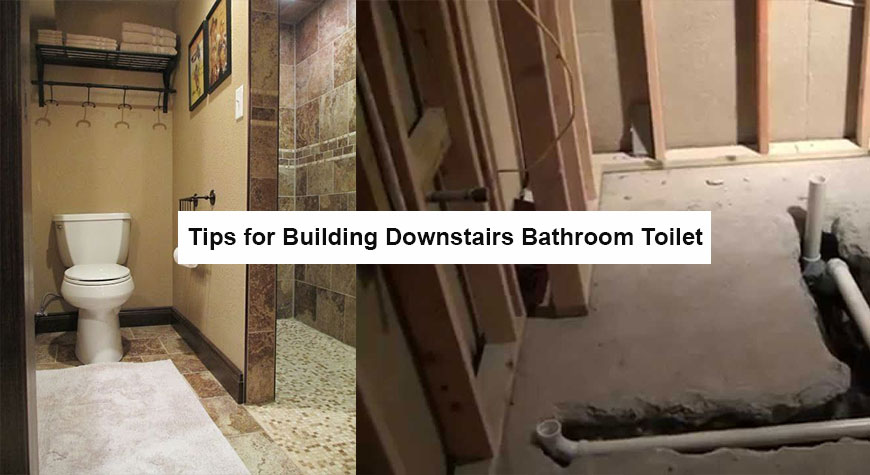How to Solve Common Gas Fire Problems

Some Common Gas Fire Problems
(Avoid Some Of Them Happening In The First Place)
You take good care of your gas fire – keeping it clean and free of dust and residues and always making sure that it’s inspected by a certified technician every year. That should mean your fire will have a long and very reliable life. But even in spite of this, problems may sometimes occur.
Ignition is unreliable or fails completely
Does the fire control use mains electricity for ignition?
- Check that the supply hasn’t been interrupted.
- If you’re using a remote control, replace the batteries before you do anything else. (Most ignition problems are that simple)
- It’s worth making sure that your gas supply hasn’t been turned off.
No joy? Then confirm that your pilot light is lit. If it has gone out, then follow the manufacturer’s instructions to relight it. If the pilot light is still not lit, or if it won’t relight, then you should contact the technician who services your fire, or your local dealer. (It may be an issue with the fire’s thermopile or thermocouple.)
Tip: Keeping the chamber around your pilot light and gas intake free of dust, residue and pollution can help.
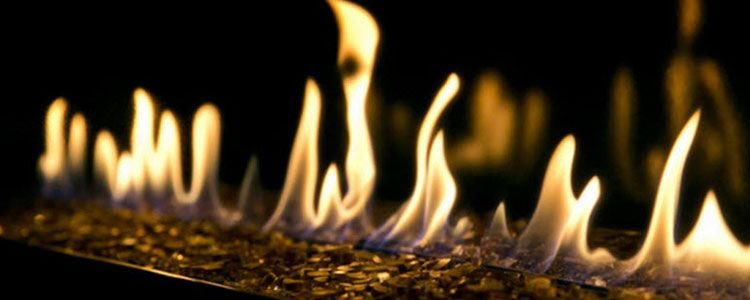
The Burners / Flames go out
Your pilot light may be clogged (Try cleaning it). Inspect the fire’s flue. It may have become partially or completely blocked.
Tip: A drop in gas pressure may cause your gas fire to fluctuate, or even go out in extreme cases. So it’s worth shutting it off for an hour and then trying it again.
Heat-resistant glass is dirty or smeared
The annual service of your fire will almost certainly include cleaning the front glass. Usually, that should be enough. But if it isn’t and the glass becomes dirty or smeared between inspections, many modern gas fires allow you to open the fire chamber and clean the glass yourself. Be sure to use only suitable cleaning products that are approved by your fire’s manufacturer.
There’s an unpleasant smell when the fire is burning
Modern gas fires are fitted with a device that closes off the gas intake if the fire is not burning. Many high-quality appliances also offer additional safety protection that detects carbon monoxide. So if you do smell gas, open doors and windows then leave the house (ideally after shutting off the gas valve). Once you’re out, call the National Gas Emergencies number (0800 111 999) and follow their instructions.
Tip: If you’ve just had a new fire fitted, then be aware that the first few burns may produce a noticeable smell. This is simply residue from the manufacturing process being burnt off and is fine.


